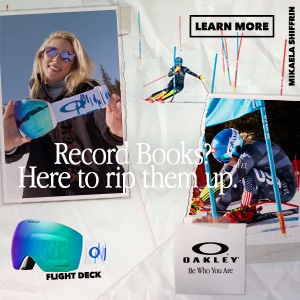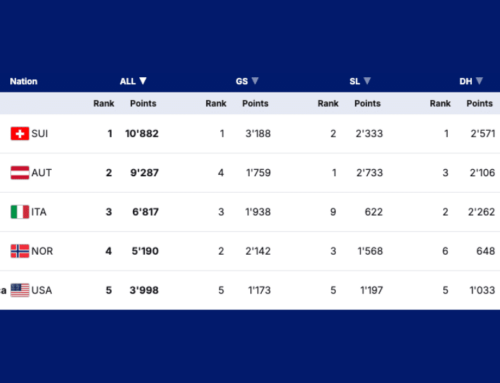Maximize Your Summer Camp Experience: Expert Tips for Athlete Improvement
Photo: Eric Sailer Ski Racing Camps
Now that you’ve decided to go to summer camp, how do you optimize your improvement? Start by developing a plan based on your objectives and goals. These should come from you, the athlete, not just from your parents. Meaningful progress only happens when you reach for goals you’ve set for yourself.
Coaches use feedback to drive improvement. Richard Schmidt, a pioneer in motor learning, said, “Feedback is the second most important factor in learning and mastering a motor skill.” So, it’s no surprise that coaches use feedback during summer camp. (Practice is the primary factor.)
Feedback is usually verbal and on the hill. Because coaches may not know you well, they might also use different communication methods. Drawing in the snow with a ski pole or pointing at a body part are common strategies. Embrace these new communication methods. When in doubt, ask questions or repeat the coach’s comment for clarification. Coaches appreciate your questions and respect your need for clarity. They value two-way communication. Increase your understanding by asking, ‘Why?’ This conversation will make their feedback more helpful and clear. You can then best align their feedback with your goals.
You will probably receive feedback from more than one coach. Look for similarities in their input. Different coaches may have the same goals but use different methods. Identify the shared advice in their feedback.
Value the coach’s feedback closest to the skis the most. Comments about your ankles should take precedence over cues about your hands. Ankles are the body parts closest to your skis.
Feedback can be internal or external. Internal feedback targets the actions and movements of your body, addressing your technique. External feedback concerns what your skis do or their interaction with the snow. External feedback, like “pressure the ski in the fall line,” is a better learning cue than “get stacked in the fall line.” For example, if you were learning to hammer a nail, a better coaching cue would be, “hit the top of the nail with the center of the hammerhead.” The internal cue of “create ulnar deviation with your wrist while your elbow extends” might be confusing.
If you receive differing feedback, it is crucial to determine which to focus on first. When in doubt, prioritize the cue closest to the snow.
After prioritizing the feedback, make sure you truly understand it. This way, you can utilize what K. Anders Ericsson, the feedback guru, describes as “deliberate practice.” Deliberate practice means you integrate the feedback into every intentional turn you make. It’s not just something you do for a few turns or a couple of runs but for weeks of training. It’s something you target for the length of the camp and take home with you..
Some camps may send you home with written feedback, which is a great asset. However, if you take notes during the camp, the cues and feedback for further improvement will likely make more sense. You can review them at the start of the next season.
As the legendary coach John Wooden once said, “Never mistake activity for achievement.” Go into summer camp with a plan. The plan will yield the highest return on investment and create greater enjoyment.”
Ron Kipp coaches with Team Palisades Tahoe. He grew up in Mt. Hood, where he started coaching at summer camps. He has been a part of all levels of summer camps in North America, Europe, New Zealand, and South America.
